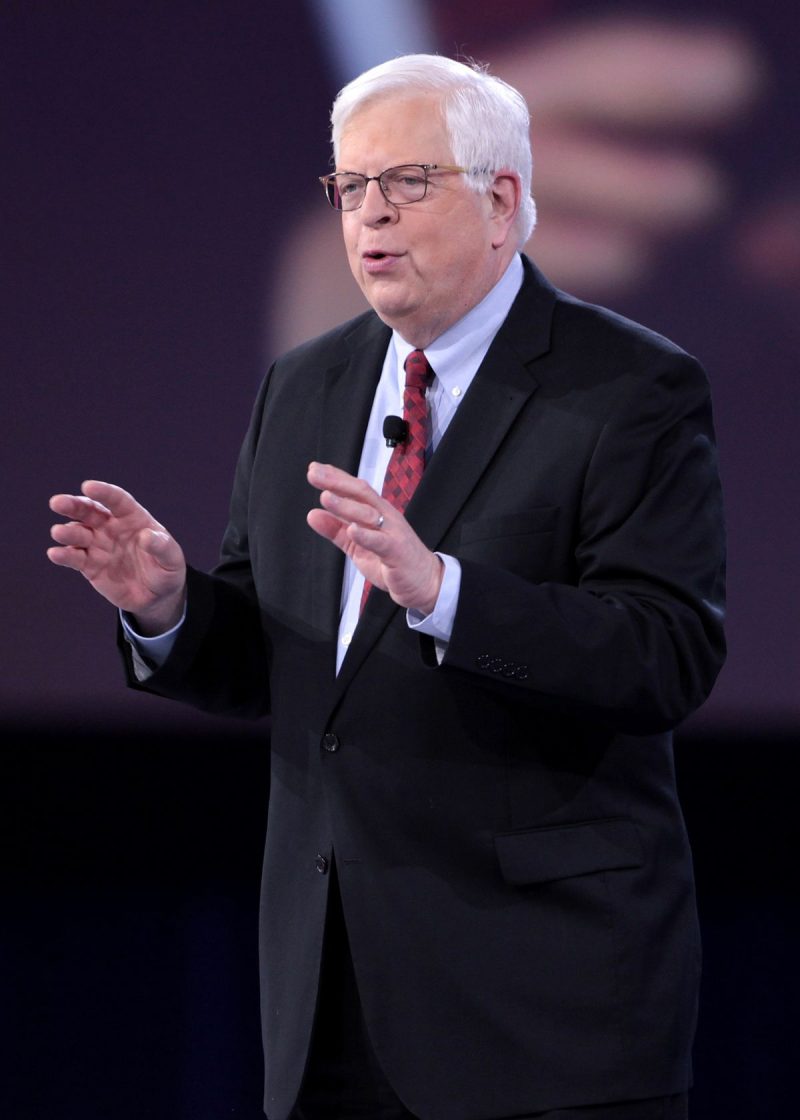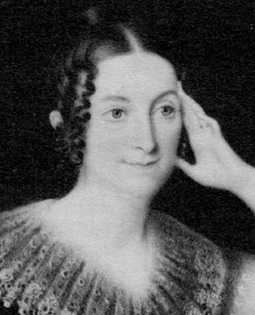More women in the workforce, fewer nurturing the workforce of the future?

President Donald Trump said something in his 2019 State of the Union speech that briefly united our hopelessly divided political class. Senators and House members, Democrats and Republicans alike, stood and cheered when they heard it.
What did he say that brought a standing ovation from the entire government? “All Americans can be proud that we have more women in the workforce than ever before.”
Congress stood and cheered, but not everyone. Dennis Prager, a Jewish cultural and political commentator, is not applauding.
Before we go to Prager’s comments, let me say a couple of things about the concept of “workforce.”
When modern feminists say that women need to leave the home to enter the workforce, they imply that the marketplace is the only arena where people work. If you don’t earn a salary, you don’t work. This is wrongheaded and demeaning.
Stay-at-home mothers work incredibly hard, perhaps harder than many in the “workforce.” President Trump’s words, and the unified response of the Congress, indicate the limited view of society about the role mothers play in the economic vitality of the nation. In fact, some people are arguing that stay-at-home moms are immoral for not being in the market place.
As award-winning and Pulitizer-nominated economic journalist Ann Crittenden has stated,
If most of our national prosperity reflects the productivity of our human capital, then the people who provide primary care to children are the single most important source of our most valuable economic assets. … Conscientious mothers are key players in the drama of economic growth, the stars who never receive top billing.
Most women, and all mothers, are in the “workforce.” But not all women’s contributions to society are recognized. Basically, only women who bring home a pay check are valued in our modern materialistic, modern feminist, society.
Why would anyone object to more women in the workforce?

Back to Prager’s colunn responding to the President column entitled, “Not ‘All Americans’ Are ‘Proud That We Have More Women in the Workforce Than Ever Before.’”
Whatever the reason, both the fact that there are more women in the workforce than ever before and the fact that Trump thought mentioning it would bring credit to his administration constitute a victory for the feminist left. Getting women to leave home for the workplace has been one of the central goals of modern feminism.[For more on the distinctions I make between modern feminists and the other two waves of feminism go here.]
Feminists deny this, claiming they don’t prefer women work outside the home; they only want women to have the choice to do so. But if that were true, why did congressional Democrats — the women in white, feminists all — jump up and cheer?
The answer is obvious: Feminists consider women who eschew a career to take care of their home, their children and their husband to be less than women who place career first. …
What if every woman in America were in the workforce? Would we be proud of that? By the “more of women than ever” logic, we should be.
On the other hand, if the president had said, “All Americans can be proud of the fact that more women than ever now have the choice to work inside or outside the home,” that would be true. That is something I, too, would have cheered. [And so would have I.]
Some consequences of more women in the workforce
At the end of his commentary, Prager asks a series of questions that need to be answered before President Trump’s assertion can be affirmed.
So, yes, more women than ever are in the workplace. But before we stand and cheer, it is worth asking:
– Are women happier today?
– Are families doing better today?
– Are marriages happier with wives at home or in the workplace?
– Do young people grow up happier and better-adjusted with mothers at home or with mothers in the workplace?
– Is society’s emphasis on work and career inhibiting more young women from marrying and having children?
– Is society better off or worse off when a record number of women leave home to enter the workplace?”
For his wonderfully clear and challenging commentary go here.
As I read Prager’s piece, it occurred to me that perhaps he was not going deep enough in his probing questions.
The other day Frank Stephens, Special Olympian who was born with Down Syndrome, responded to recent promotion of infanticide by two governors.
About abortion, I don’t want to make it illegal, I want to make it unthinkable. Politicians change laws. I want to change people’s hearts. I want to change people’s hearts by changing people’s minds and hearts together.
Stephens’ insight and courage to make such a statement in today’s amoral society, profoundly impacted me. He is correct. We need to make abortion illegal, but not merely a policy matter. We need to get to the root, the paradigm and principle. People with Down Syndrome bear the image of God. All human life is precious. Abortion should be unthinkable. To see Frank’s statement in context, see this short video:
https://youtu.be/lcAbt_MjhIA?t=14
The nation needs nurturers
To see abortion as unthinkable is to have a different space in the mind, a space that understands human life as sacred and thus abortion unthinkable. What does a pregnant woman have in her mind with regard to her womb? If her mind is shaped by Darwin, then she has an inconvenience in her womb, something to be removed by a medical procedure. If her mind is shaped by reality, what she carries in her womb is understood as both a unique human and alive, a baby to be nurtured.
In parallel fashion, Prager might have asked further questions.
– Should we cheer that more women are in the workplace?
– Should we cheer because more women have the freedom to choose the workplace?
– Should we cheer when more women are free to choose to be homemakers and mothers?
OR
– Should we cheer when more women choose to be homemakers and mothers?
– Should we cheer when more women recognize their divinely given nurturing natures and long to be mothers who are the nurturers of nations, be they the smallest “nation” of a family or a larger nation itself?
 It is the maternal feminist Lydia Sigourney who reminds us of the great maternal commission:
It is the maternal feminist Lydia Sigourney who reminds us of the great maternal commission:
Incite her to those virtues which promote the permanence and health of nations. Make her accountable for the character of the next generation. Give her solemn charge in the presence of men and of angels. Gird her with the whole armour of education and piety, and see if she be not faithful to her children, her country, and her God.
Nurturing is rooted in God’s divine nature
The maternal heart is responsible to “promote the permanence and health of nations,” she is accountable for the character of the next generation. Indeed nurturing is founded in the divine nature of God. It is the taproot of life itself.
Is the nurturing nature a good thing? Something to be celebrated and not despised? Can we not have the space in our mind to embrace the maternal as a virtue and not shunned as a vice to avoid at all costs? Read more here.
Thank you, Frank Stephens and Dennis Prager, for challenging our assumptions, thinking and actions!
– Darrow Miller






